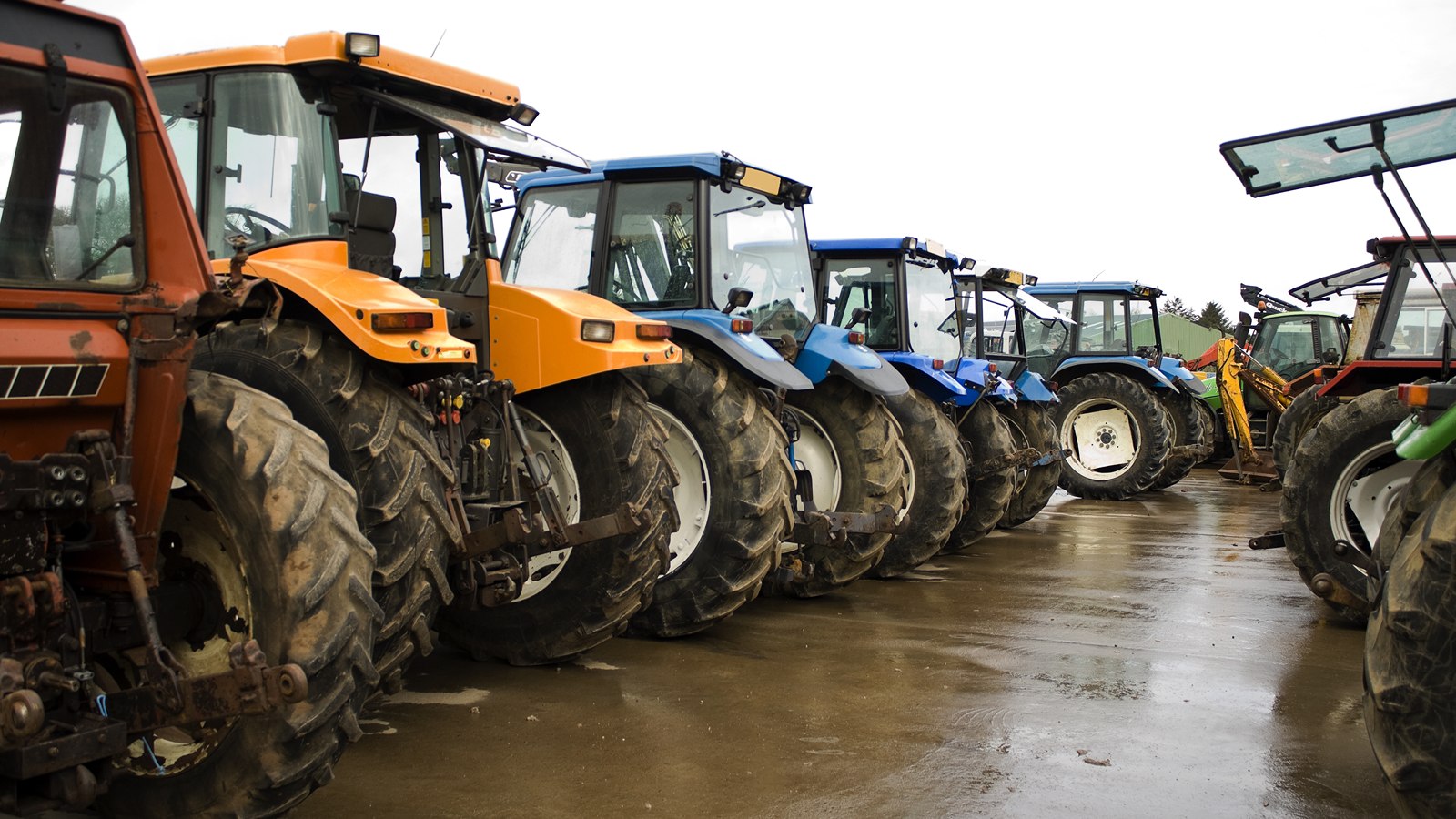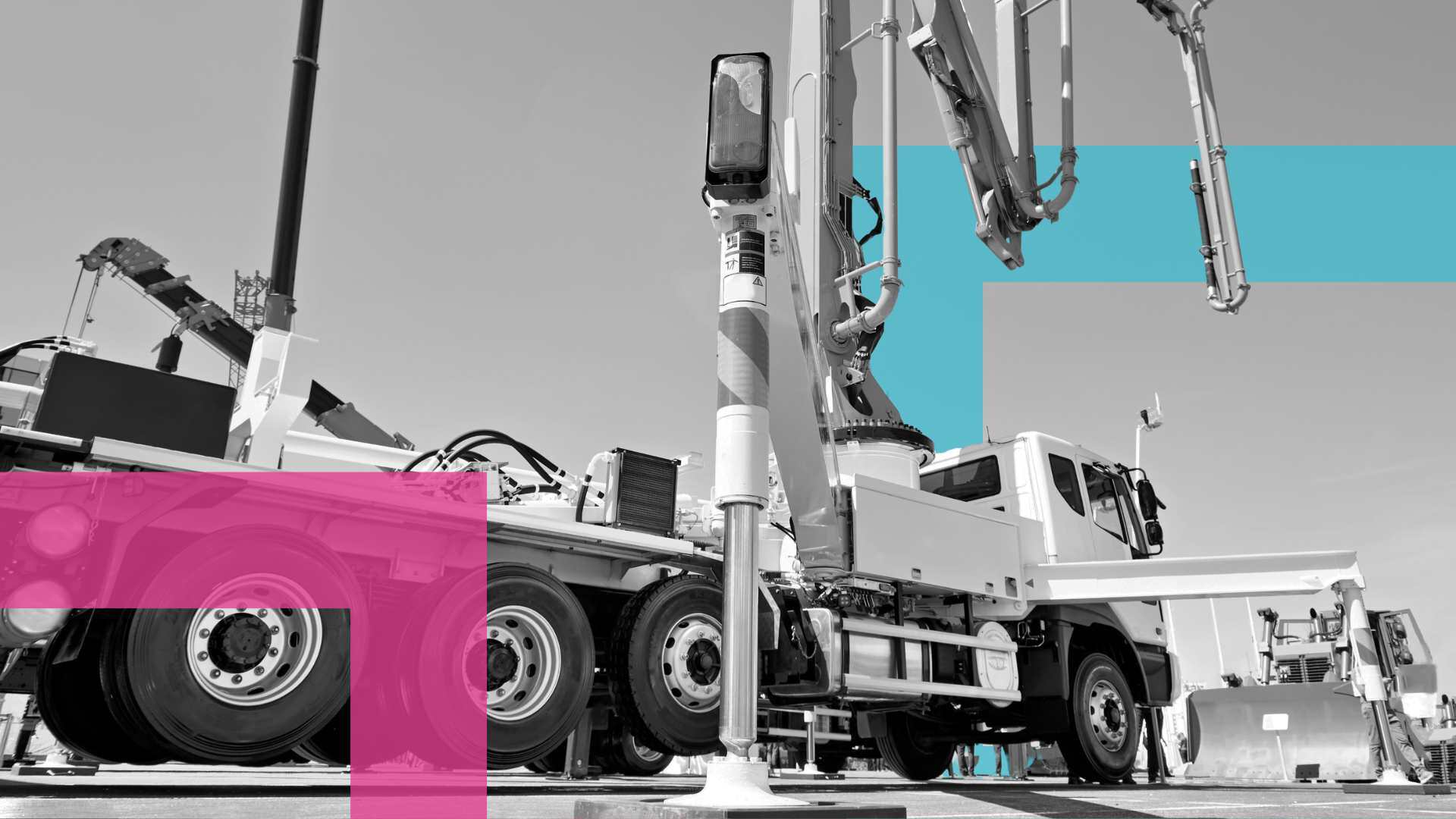Pre Start Plus rebranded to Ideagen Asset Guard
Ideagen Plant Assessor is pleased to announce the rebrand of its flagship pre-start app, Pre Start Plus, to Asset Guard. This rebrand aligns with...
|
|
Machinery Pre Starts
|
|
|
Risk Management &
|
|
|
Document Management
|
|
|
Dashboards & Reporting
|
|
|
Machinery Risk Assessments
|
|
|
Service & Maintenance
|
|
|
Safe Operating Procedures
|
|
|
MySite
|
|
|
View All Features |
Case Studies
Hear from our clients
Events
Find us at industry events
Guides
Find industry-specific guides
Learn
Educational content
News & Articles
Industry news and articles
Safety Legislation
We keep up with safety legislation
so you don't have to
Videos
Find overviews and informative
videos here
Webinars
View upcoming and on-demand webinars
Promotions
See our current promotions
FAQ
All of our frequently asked questions
Help Centre
How to use our software
View a Demo
Let us walk you through Ideagen Plant Assessor features
Release Centre
Product updates and release information
2 min read
![]() Matt Turner
:
Updated on April 19, 2023
Matt Turner
:
Updated on April 19, 2023

We often get questions around safety obligations when selling machinery at clearing sales. That’s because it can be confusing to understand all of the Work Health and Safety Legislation at play – and which party is responsible for ensuring obligations are met.
There’s a common misconception that the responsibility for ensuring machines are safe lies with the purchaser of the equipment. But that’s not the case – all parties have responsibilities.
In a nutshell, whenever you sell machinery at a clearing sale, you are considered a ‘supplier’ – and you have specific obligations under WHS law.
What does the legislation say?
The mandatory requirements when selling second hand plant at clearing sales are:
Work Health & Safety Regulation 2017 – Section 199 Supply of second-hand plant – duties of supplier:
A supplier of second-hand plant must ensure, so far as is reasonably practicable, that any faults in the plant are Identified.
A supplier of second-hand plant must ensure that the person to whom the plant is supplied is, before the plant is supplied, given written notice:
of the condition of the plant; and
of any faults identified under subsection (1); and
if appropriate, that the plant should not be used until the faults are rectified.
If you’re in Victoria, refer to Occupational Health and Safety Regulations 2017 – Regulation 90, Information to be given – used plant.
If in Western Australia refer to Occupational Safety and Health Regulations 1996 – Regulation 4.33, Supplier of plant.
The most practical way to meet obligations in all of these jurisdictions is to undertake a thorough plant risk assessment on the equipment for sale, and provide it to the purchaser.
That’s where we come in
You can use Plant Assessor to perform a comprehensive risk assessment process across all items of plant to be sold. But we understand that you may not have the time.
Since 2004, Plant Assessor has helped hundreds of agents and vendors meet their legislative obligations relating to the sale of plant and equipment at clearing sales.
We can help with a simple 5 step process that not only takes the hard work out – but also ensures you’re meeting your legal requirements. Here’s how it works:
Agent or vendor sends us a list of items being sold
We analyse the list and identify plant vs not-plant items for sale
We provide a cost estimate
If agreed, we’ll attend the site and::
conduct inspections using our unrivalled risk-assessment software
Identify and correctly label items to be sold as parts or scrap
Provide information safety sheets for small plant
Provide printed reports for the purchaser
Agent or vendor conducts the sale, providing necessary risk assessment reports. A digital report is available at any time.
For full details on our Professional Services and for more information on your obligations when selling plant at clearing sales, download our guide.
Call in the experts
We’re standing by to discuss your needs. Give us a call on 1300 728 852 or drop us an email at info@assessor.com.au

Ideagen Plant Assessor is pleased to announce the rebrand of its flagship pre-start app, Pre Start Plus, to Asset Guard. This rebrand aligns with...
.png)
Many businesses operating machinery still rely on traditional paper pre start books for daily machinery checks. While these booklets serve their...

A concrete company based in Melbourne has been convicted and fined $30,000 after an incident involving a concrete pump resulted in a worker’s hand...